The following opportunities have been announced. Please follow the links for more information:
- The UnBox LABS 2014 is an exciting opportunity for creative practitioners, artists and researchers to take part in a 10-day lab experience bringing together the UK and India to explore the theme “Future Cities”. The AHRC are providing support for travel and accommodation to India, along with a small prototype development budget. Closing date is 06/12/13.
- The British Academy’s annual Wiley prize in psychology is now open providing an award of £5,000 in recognition of excellence in research in psychology. The 2014 award will be focussing on promising early-career work by a UK based psychologist. They are also offering the Wiley prize in economics which recognises outstanding contributions to the field from early career researchers. The closing date for both nominations is the 31/01/14.
- Interested in international collaboration? The British Academy are offering grants of up to £30,000 in their International partnership and mobility scheme. Closing date for applications is 05/02/14.
- BBSRC’s FLexible Interchange Programme supports the movement of people from one environment to a different one to exchange knowledge, technology and skills in order to develop bioscience research and researchers. This programme closes 28/01/14.
- The BBSRC are opening calls for super follow-on funding on the 2nd December. This programme is designed to support the translation of research into practical and commercial application. The maximum award is £2 million. The closing date is 05/02/14.
- The EPSRC are looking to strengthen relationships between industry and academics through their High Value Manufacturing Catapult fellowships. Closing date 16/12/13.
- Two ICT Early Career Researcher Workshops are being run in February 2014 in Oxford and Glasgow by the EPSRC. Closing date for registration is 03/01/14.
- The MRC are offering New Investigator Research Grants aimed at researchers who are ready to take the next step towards becoming independent principal investigators. The maximum award is unspecified and the closing date for this award is 21/01/14.
- Interested in building a career in health economics? The MRC are offering early career fellowships in economics of health, providing three years of paid salary, cover for training and other associated costs. The closing date for this opportunity is 17/06/14.
- The MRC are offering a Methodology Research Fellowship aimed at developing the next generation of research leaders in biomedical and health research problems. This is an intermediate level fellowship for those with between 4-8 years of post-doctoral experience. The closing date for this award is 17/06/14.
- There is a Population health scientist fellowship on offer through the MRC providing up to 4 years of support to pre and post-doctoral researchers. The given closing date is 17/06/2014.
- New investigator research grants are available from the MRC, providing support for both clinical and non-clinical researchers. Areas covered include; Infections and Immunity (closing 15/01/2014), Molecular and Cellular Medicine (closing 08/01/14), and Neurosciences and Mental Health (closing 04/02/14).
- Are you an outstanding postdoctoral researcher? Take the next step to becoming an independent investigator with this Career Development Award from the MRC. Closing date 30/04/14.
- Interested in building a career in statistically based health research? Take a look at this MRC Career Development Award in Biostatistics. Closing date 17/06/14.
- There is a cross board call open from the MRC for proposals addressing Chronic Fatigue Syndrome/Myalgic Encephalomyelitis. There is no fixed award or specified closing date.
- There is a call by the MRC for research proposals in prevention and treatment of type 2 diabetes in low and middle income countries. Up to £2m in available in funding for multiple proposals and the closing date is 11/02/14.
- A Biomedical Informatics fellowship is available from the MRC to support individual with a clear ambition for research in biomedical and health research. Closing date 17/06/14.
- Designed to fund rapid response to unexpected and temporary environmental events NERC offer Urgency Grants of up to £52,000. There is no specified closing date.
- Five Dorothy Hodgkin Fellowships are available from the Royal Society to help early career researchers who may need to a flexible working pattern due to personal commitments such as child care or health issues. Closing date is 13/01/14.
- The TSB are looking to invest up to £3 million in collaborative R&D projects with a focus on Vessel Efficiency – better systems at sea. Projects should be collaborative and business led and will typically range in size from £500K to £1.5 million. Registration ends 26/02/14 and the closing deadline is 05/03/13.
- The Wellcome Trust are offering Arts awards for small to medium sized projects that encourage collaboration between art and science. The maximum aware is £30,000 and the closing date is the 28/02/14.
- Small grants of up to £5,000 are available from the Wellcome trust for scoping exercises or meetings to discuss research in the medical humanities. There is no specified closing date for these awards.
Please note that some funders specify a time for submission as well as a date. Please confirm this with your RKE Support Officer.
You can set up your own personalised alerts on ResearchProfessional. If you need help setting these up, just ask your School’s RKE Officer in RKE Operations or see the recent post on this topic


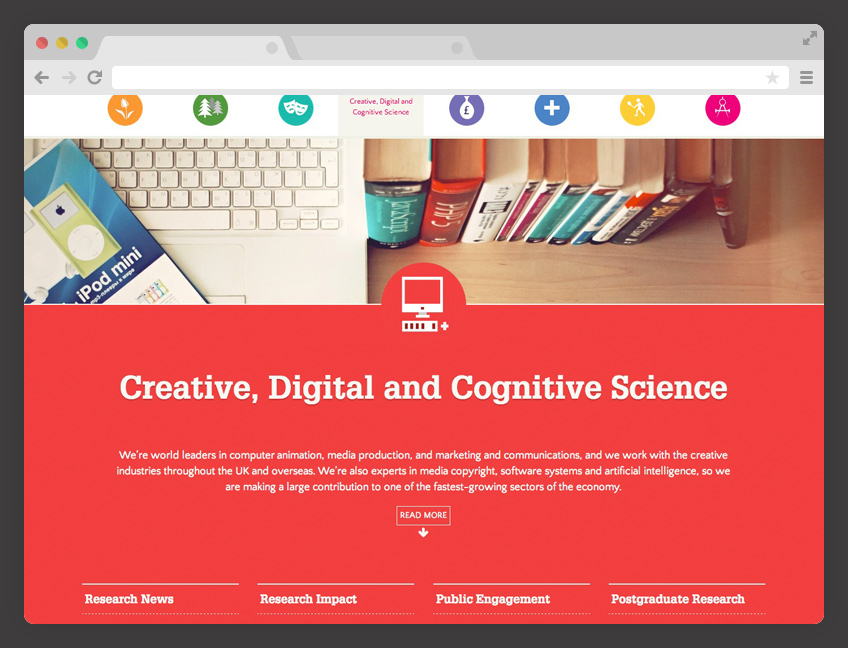
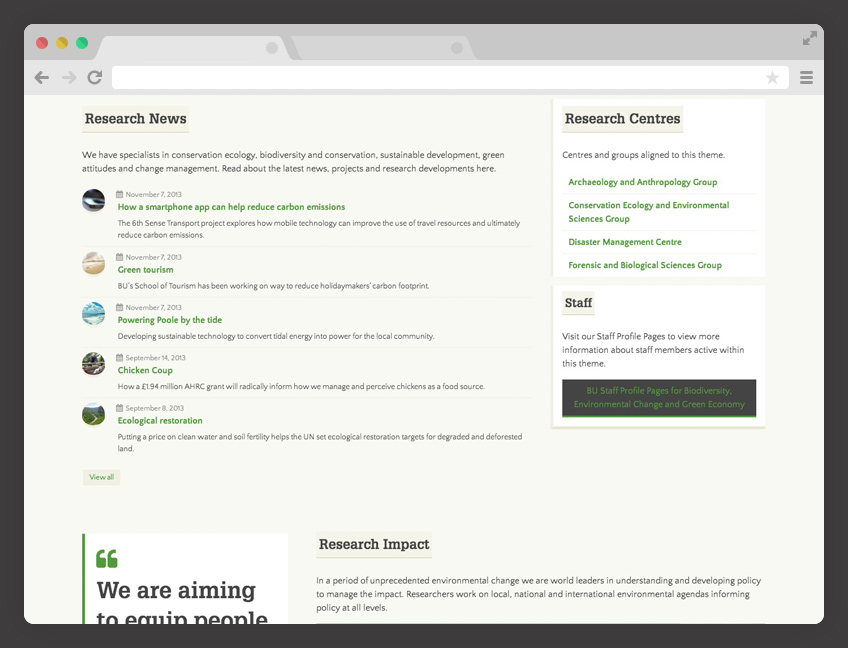
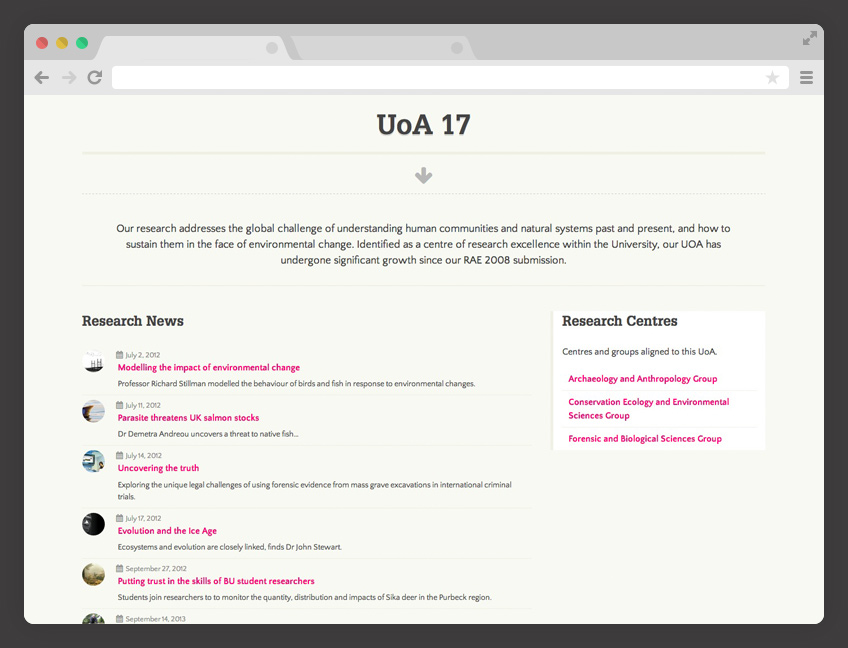
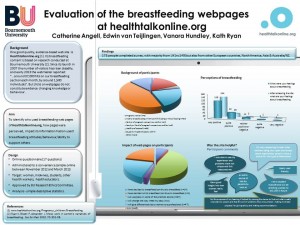
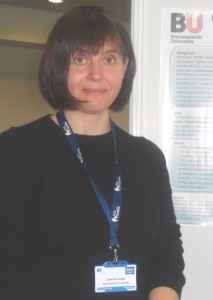
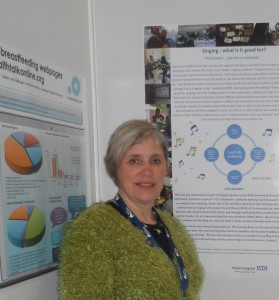
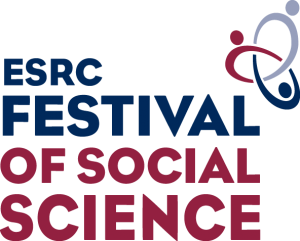
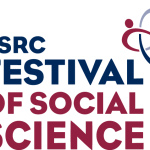
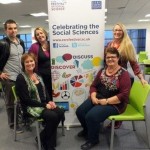

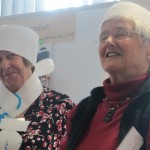




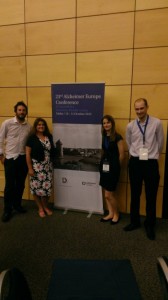
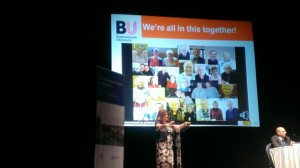

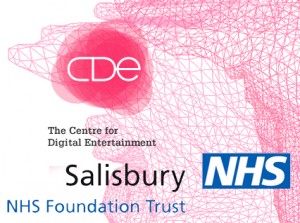

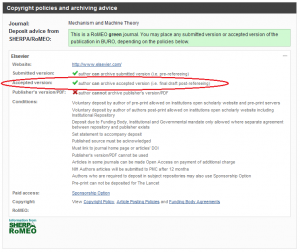
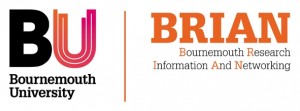

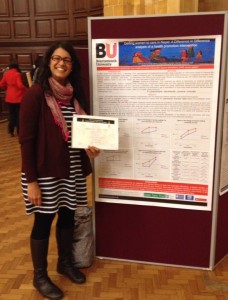

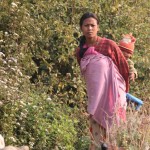
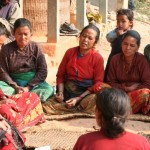

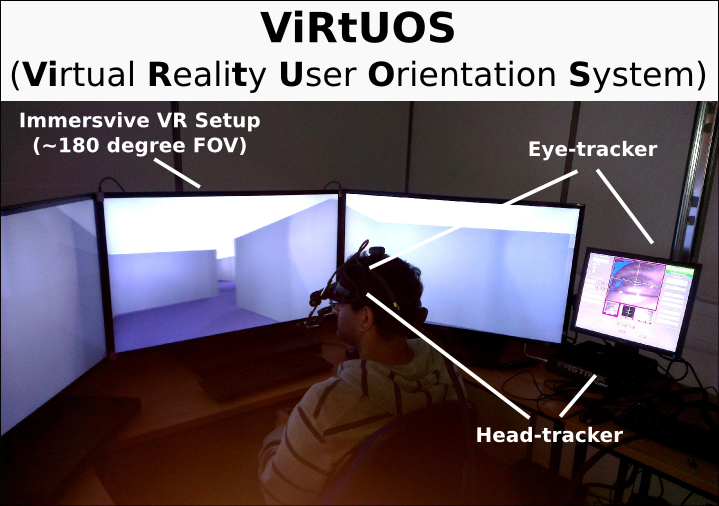

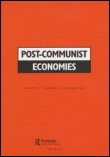











 New weight change BU paper
New weight change BU paper One week to go! | The 16th Annual Postgraduate Research Conference
One week to go! | The 16th Annual Postgraduate Research Conference Geography and Environmental Studies academics – would you like to get more involved in preparing our next REF submission?
Geography and Environmental Studies academics – would you like to get more involved in preparing our next REF submission? Congratulations to three former BU staff
Congratulations to three former BU staff MSCA Staff Exchanges 2024 Call – internal deadline
MSCA Staff Exchanges 2024 Call – internal deadline Applications are now open for 2025 ESRC Postdoctoral Fellowships!
Applications are now open for 2025 ESRC Postdoctoral Fellowships! Horizon Europe – ERC CoG and MSCA SE webinars
Horizon Europe – ERC CoG and MSCA SE webinars MaGMap: Mass Grave Mapping
MaGMap: Mass Grave Mapping ERC grants – series of webinars
ERC grants – series of webinars